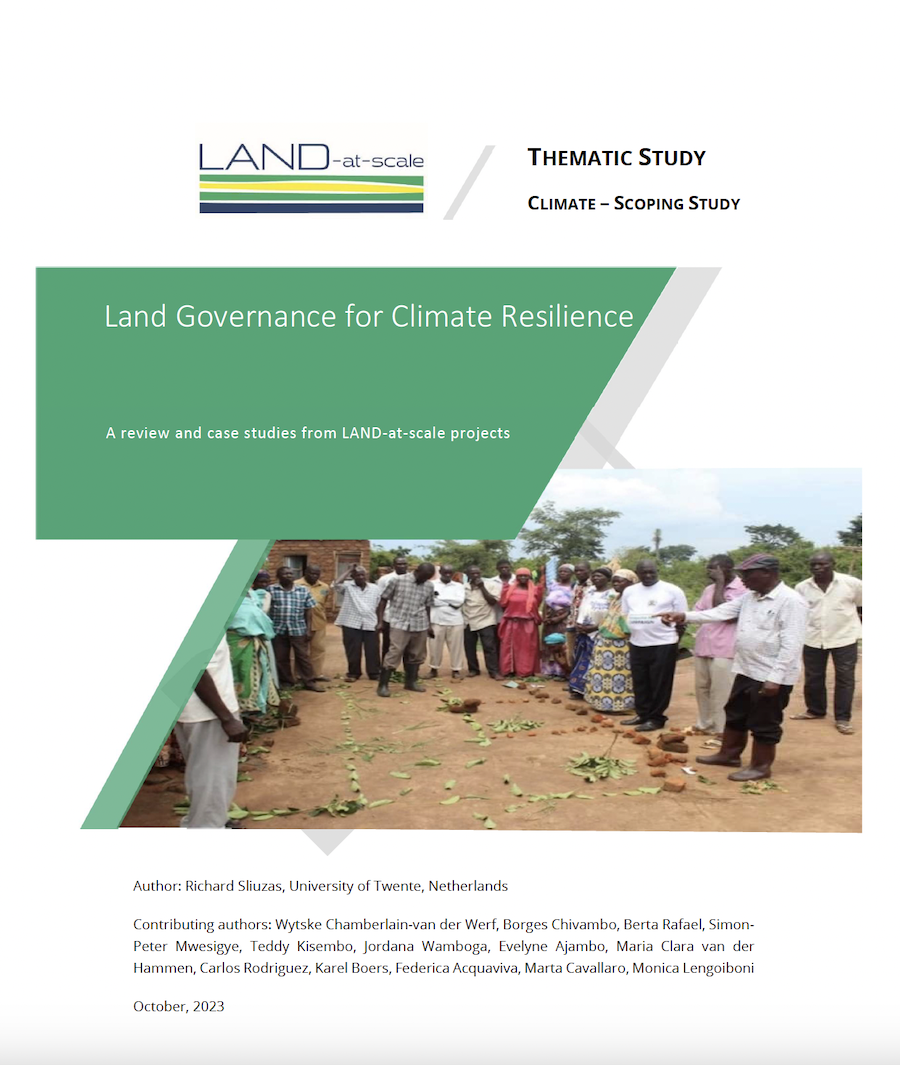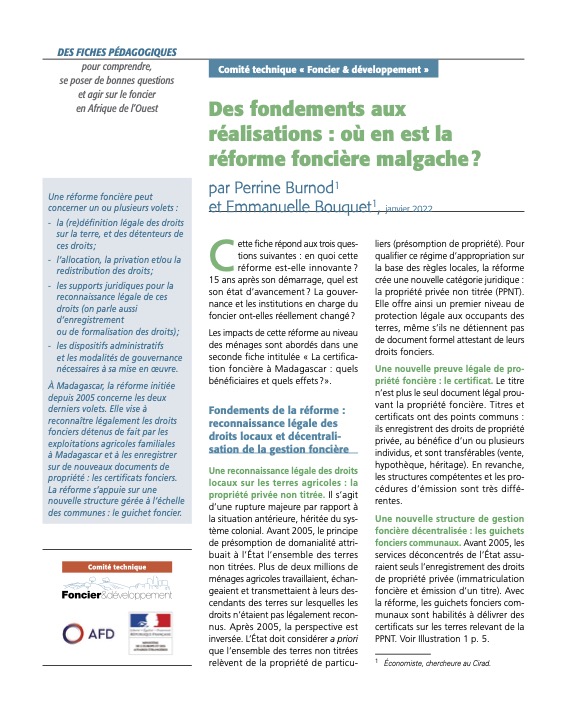Umoja- Operationalizing The Afcfta Through Communal Land Reform Policies
Umoja (noun):/ooh-moh-jah/Umoja, is the Swahili philosophy of unity. Its principles underscore the significance of cooperation and communal solidarity. Umoja has historically been associated with various aspects of African social and political life, accentuating the influence of communal synergy in traditional land tenure systems.




